The here already given answers provide the user of enough information.
The following code (based on the already given anwers) might help even more:
It provides a reference of the found EOL
The detection sets also a key which can be used by an application to this reference.
It shows how to use the reference in a utility class.
Shows how to use it for detection of a file returning the key name of the found EOL.
I hope this is of usage to all of you.
/**
Newline characters in different Operating Systems
The names given to the different sequences are:
============================================================================================
NewL Chars Name Description
----- ----------- -------- ------------------------------------------------------------------
LF 0x0A UNIX Apple OSX, UNIX, Linux
CR 0x0D TRS80 Commodore, Acorn BBC, ZX Spectrum, TRS-80, Apple II family, etc
LFCR 0x0A 0x0D ACORN Acorn BBC and RISC OS spooled text output.
CRLF 0x0D 0x0A WINDOWS Microsoft Windows, DEC TOPS-10, RT-11 and most other early non-Unix
and non-IBM OSes, CP/M, MP/M, DOS (MS-DOS, PC DOS, etc.), OS/2,
----- ----------- -------- ------------------------------------------------------------------
*/
const EOL_UNIX = 'lf'; // Code: \n
const EOL_TRS80 = 'cr'; // Code: \r
const EOL_ACORN = 'lfcr'; // Code: \n \r
const EOL_WINDOWS = 'crlf'; // Code: \r \n
then use the following code in a static class Utility to detect
/**
Detects the end-of-line character of a string.
@param string $str The string to check.
@param string $key [io] Name of the detected eol key.
@return string The detected EOL, or default one.
*/
public static function detectEOL($str, &$key) {
static $eols = array(
Util::EOL_ACORN => "\n\r", // 0x0A - 0x0D - acorn BBC
Util::EOL_WINDOWS => "\r\n", // 0x0D - 0x0A - Windows, DOS OS/2
Util::EOL_UNIX => "\n", // 0x0A - - Unix, OSX
Util::EOL_TRS80 => "\r", // 0x0D - - Apple ][, TRS80
);
$key = "";
$curCount = 0;
$curEol = '';
foreach($eols as $k => $eol) {
if( ($count = substr_count($str, $eol)) > $curCount) {
$curCount = $count;
$curEol = $eol;
$key = $k;
}
}
return $curEol;
} // detectEOL
and then for a file:
/**
Detects the EOL of an file by checking the first line.
@param string $fileName File to be tested (full pathname).
@return boolean false | Used key = enum('cr', 'lf', crlf').
@uses detectEOL
*/
public static function detectFileEOL($fileName) {
if (!file_exists($fileName)) {
return false;
}
// Gets the line length
$handle = @fopen($fileName, "r");
if ($handle === false) {
return false;
}
$line = fgets($handle);
$key = "";
<Your-Class-Name>::detectEOL($line, $key);
return $key;
} // detectFileEOL
Change the Your-Class-Name into your name for the implementation Class (all static members).
